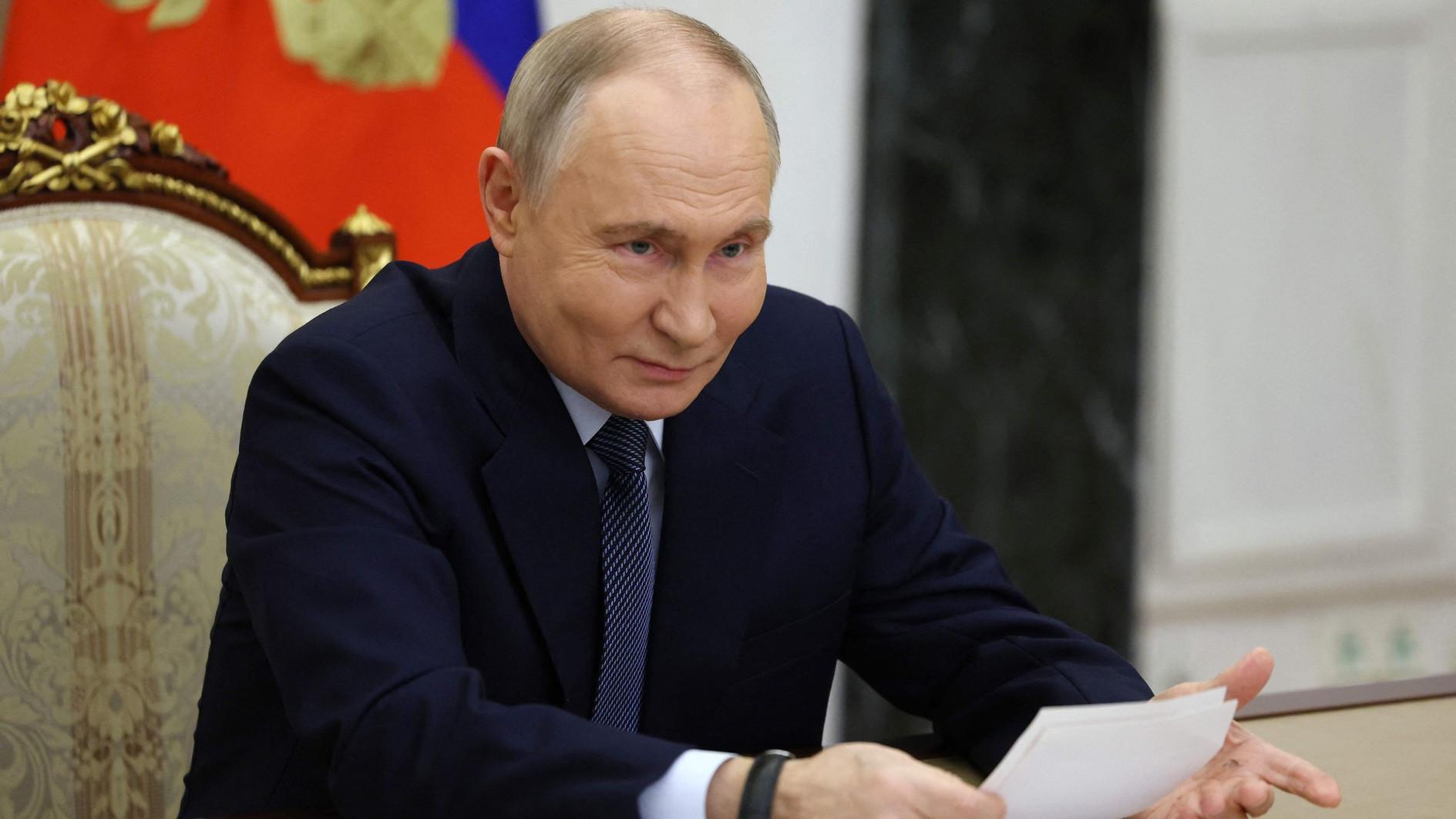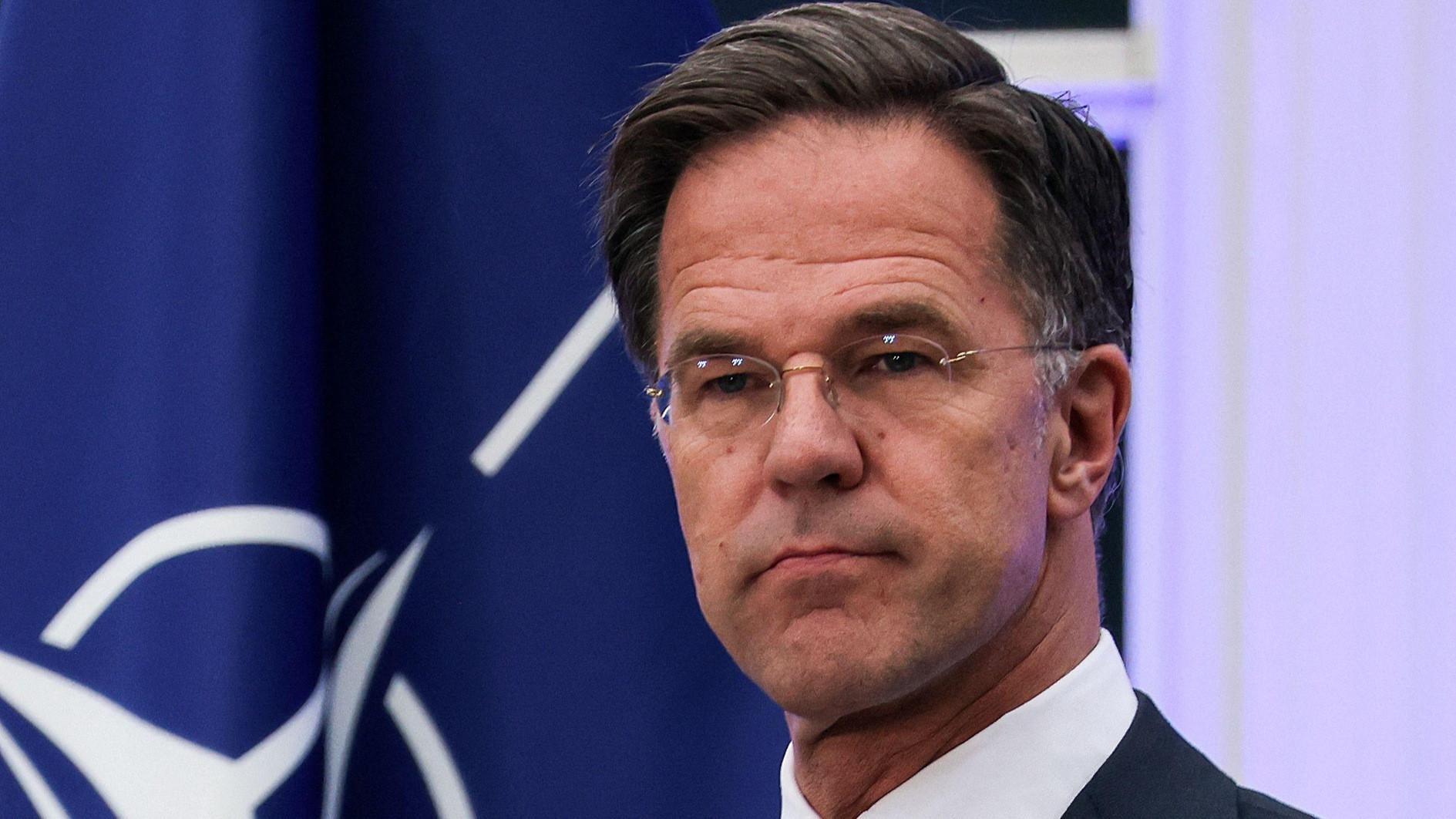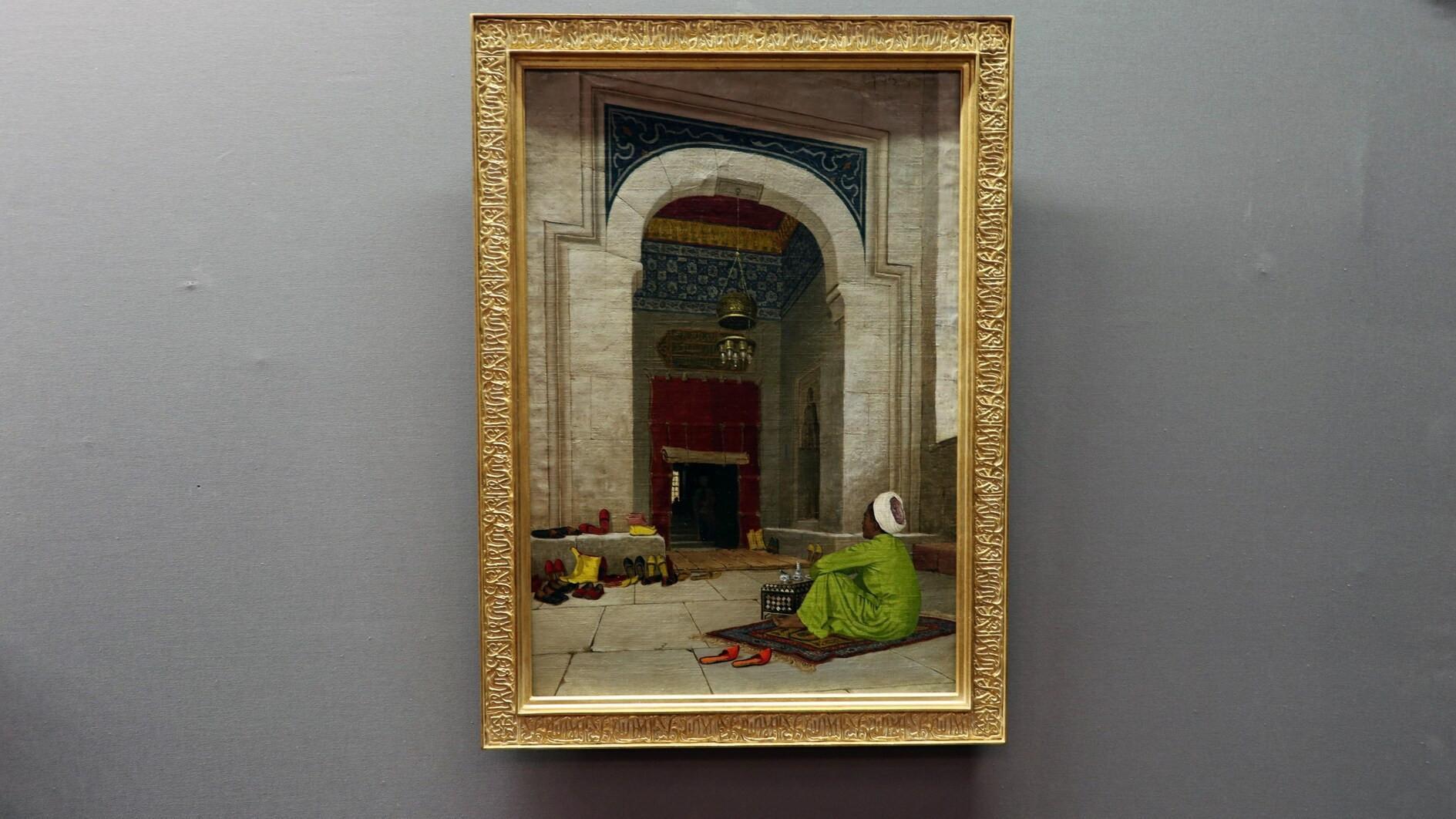Turkey’s power, Turkey’s weakness
For many pundits, academics and politicians Turkey’s power stems from its very unique characteristic of being a democratic and secular country in a region where countries are ruled by either tyrants or old-fashioned leaders. A maturing democracy with an aspiration to join the European Union, Turkey has thus been righteously introduced as a model to all those countries and their people who seek to change the flow of history. Acknowledging the fact that Turkey still has a long way to go to resolve its democratic deficiencies, it has still been a very good example for an Islamic country looking to adopt universal values and provide its citizens a life in full dignity.
It was this achievement that pushed Turkey and the EU to launch full membership negotiations in 2005. And again, it was this self-confidence that pushed Turkey to change its traditional foreign policy for a more assertive and ambitious one with a target to become a regional leader. It did also adopt a more aggressive foreign trade policy, multiplying its trade volume and establishing very close links with oil-rich Gulf countries to secure the flow of hot money to Turkey. In addition, ties with the United States, Turkey’s closest ally, have now been secured after Ankara’s acceptance of deploying the early warning radar system on its soils after long discussions.
However, there are main points that cast shadow on this picture. The very first one is the government’s failure in solving the Kurdish question. This weekend’s deadly attack by the outlawed Kurdistan Workers’ Party (PKK) in Hakkari, in which eight soldiers were killed, has once again left Turkey to mull over the bitter reality that its security and stability are still very much vulnerable. Turkey’s Alevi issue is also another problem yet to be dealt with. However, the main deficiency comes from the government’s reduced enthusiasm in the democratization process.
These three issues, which seemed to constitute and strengthen Turkey’s power in the 21st century, now seem to have turned into its weaknesses. We have clearly seen how Bashar al-Assad tried to gain an advantage by using the Kurdish card against Turkey in the hot days of the Syrian crisis. It also helped Massoud Barzani’s rise as the regional leader of Kurds that the foreign minister rushed to see him after developments in northern Syria seriously disturbed Ankara. Though differently, the unresolved Alevi problem in Turkey has its reflections in Syria especially after the prime minister accused the main opposition party of defending al-Assad on the grounds that both were from the same sect.
In this age, the strength of a country’s democracy is more important than its army’s powerfulness. Today, almost all countries have small or large armies, but those who have a genuine democracy still remain very few. In order to not lose this privileged status and turn our power into our weakness, Turkey should immediately return to its original agenda and launch a relentless democratization campaign accompanied with efforts to rewrite the constitution.











